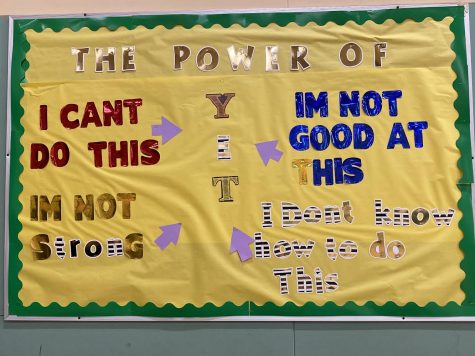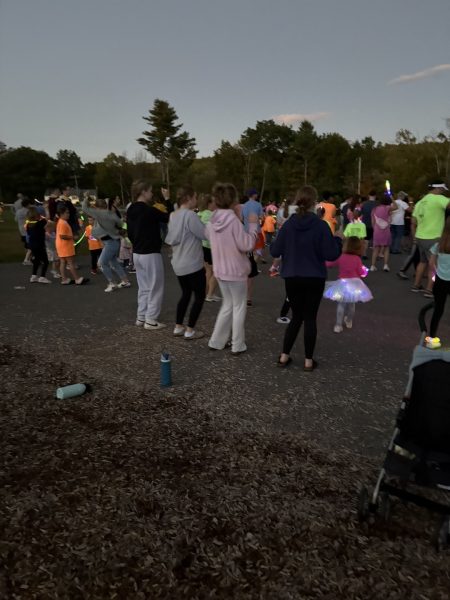How Covid 19 is taking a toll on students and teachers’ mental health
Due to the pandemic, there has been a spike in mental health issues, which have been most common in teens 13-18. Coming back to school has not been easy for students across the globe. The stress and anxiety that comes with everyday life can be hard enough without having 6 months of total lockdown with nothing to do but sit in your room and think. Once this school year came around we were all looking forward to normalcy, but unfortunately we still have yet to find it. Masks and social distancing have made it even tougher to find and make important connections with others.
According to a recent study done by Polaris’s mental health study, 1 in 5 teens struggle with at least one mental health disorder. In a classroom setting, how do teachers cater to those students who are silently struggling?
Many parents are speaking out on how concerned they are for their child’s well being. According to The Education Trust, 9 out of 10 parents are extremely worried about their children’s mental health after being home for so long. Many students are no longer confident enough to speak up in class. Freshman Gianna Caforio says, “After coming back to school, there has been a clear decline in my social skills. Right before the pandemic, I finally got comfortable raising my hand in class, speaking up and sharing my thoughts. Now I feel that all of that has been taken away from me.”
The Educated Development Center wrote an article about making teachers’ mental health a priority while also prioritizing the kids as well. The three ways the department listed in their article included: keeping mental health in most aspects of the conversation, looking for ways to build and sustain teacher relationships, and encouraging healthy work/ life balance amongst both teachers and the students. As students cram to get their work finished and turned in, teachers stress about getting their grades in. According to Education Week nearly 90% of teachers have experienced burnout, anxiety, and depression.
Letting others know that you care about them and their well-being is one of the most important aspects of talking about mental health. Taking topics like this seriously is vital as well. Most people don’t know or understand how to make struggling individuals feel heard. One silver lining to the number of people struggling is the shared concept of empathy. To explain, many adults are also finding ways to cope, so this can create a genuine empathy towards teenagers. Now, more than ever, teens can find real-time, heart-felt advice from adults.
Statements like “You’re just having a bad day” or “You’re too young to be depressed” are extremely harmful statements to be made. Steven Rodgers MD, Director Of Emergency Behavioral Health Services at Connecticut Children’s hospital spoke out and said, “We continue to see kids with behavioral problems, things like anxiety, depression, thoughts of suicide, and self-harm.”
So, what do the teachers do to get kids the help they need? Oakmont’s own Nutrition and Wellness teacher Mrs. Leanne Roy says, “I think before you can get to that point, it’s establishing relationships. I think it is asking about the little things. The activities that they are interested in and just getting to know them as a person first before asking too much or asking for them to open up to you.”
Roy continued on about how once the students are comfortable with their teachers they have no problems opening up and telling them everything.
After discussing with one of Oakmont’s school counselors, Mrs. Amy Dubovik, she seemed to touch upon many of the same points as Roy. Her approach is also just to get to know the students and let them know that she is there to help them through whatever they need. Dubovick states “I try to get to know them and let them know that I am here to talk about things, initially I’m a stranger to them.”
Dubovick also commented on how the Covid 19 virus is affecting students’ mental health in a school setting, saying, “Many more students are experiencing what I would say is a combination of anxiety, decreased motivation, and a lot of fatigue.”
After hearing about all the issues that arose during the Covid 19 pandemic directly affecting the students and teachers, this article should make you think twice when you say that you feel alone because from all of this, we have grown to depend on and support each other.


Addi Roy is a member of the class of 2025 at Oakmont. She is a 4 year member of the Oakmonitor, however this year she will be editing! She is a member...







